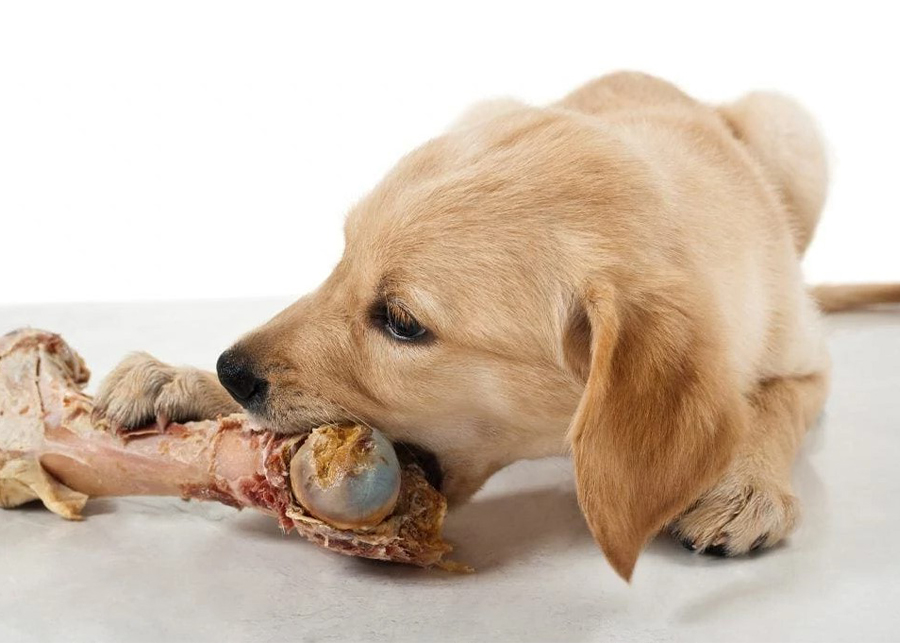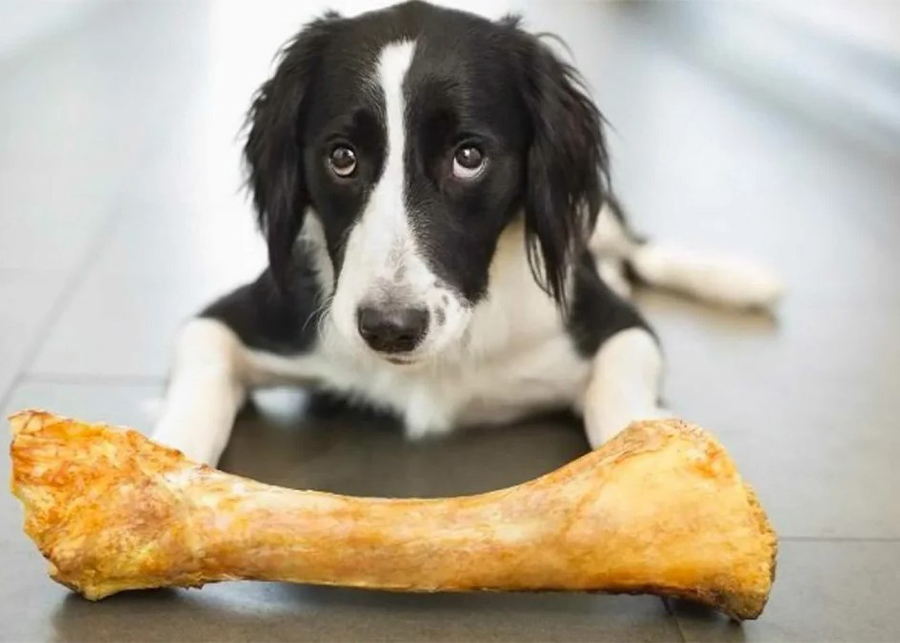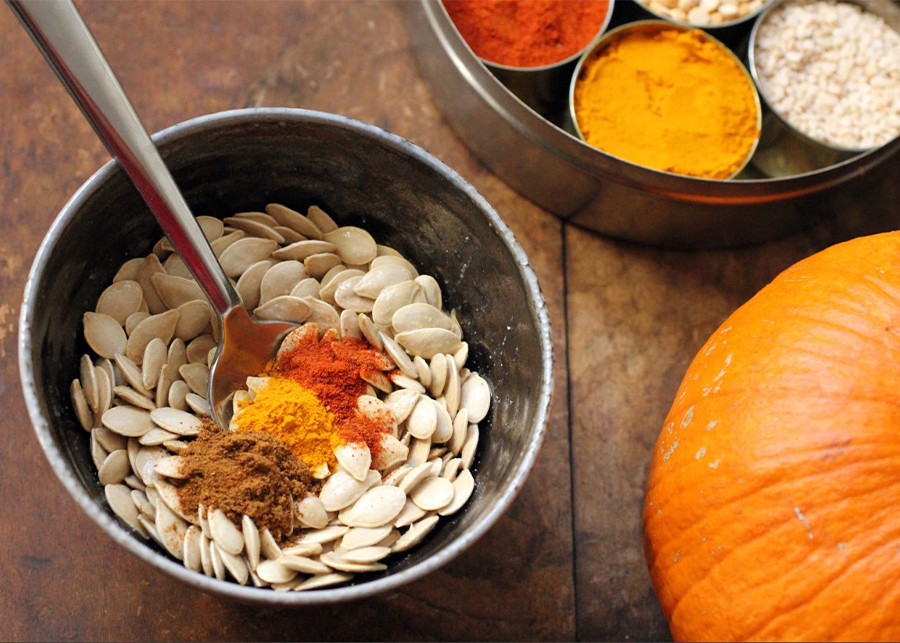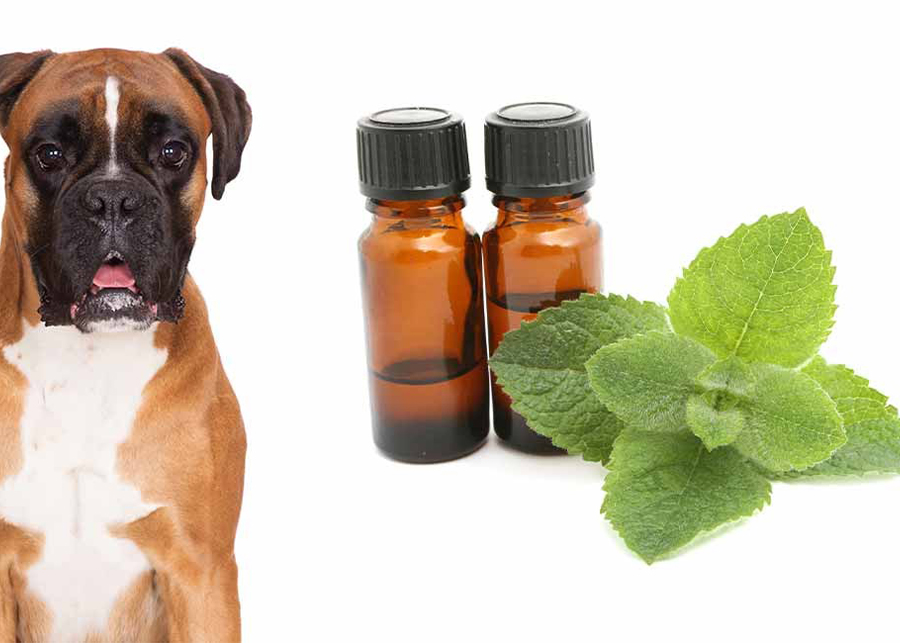Are you wondering whether dogs can eat cooked bones? As a dog owner, you are probably questioning whether to give your pup raw bones or cook them. Both options will satisfy your dog’s appetite but can pose some risks to your dog. Recreational raw bones contain chunks that might be too difficult for smaller dogs to eat and can splinter if a large part of the bone is ingested. These bones should never be boiled or cooked because they are very dangerous for your dog’s health.
As a dog owner, you are probably wondering whether you should give your pup raw bones or cook them. Both are healthy and will satisfy your dog’s appetite, but they pose some risks to your dog. Recreational bones are chunkier than their raw counterparts, but these bones are not the same. The bones that your dog will be eating should not be cooked or boiled, as they are incredibly dangerous for your dog’s health.

Raw bones satisfy your dog’s appetite
Raw bones can help satisfy your dog’s appetite. They’re also a great way to supplement your pet’s daily meal. Bone broth is a good way to give your dog a boost of protein. You can freeze raw bones in ice cube trays so your dog can enjoy a delicious broth anytime. Remember to always supervise your dog while feeding him raw bones. If your dog starts to quiet down during the feeding, it’s time to remove the bone.
Raw bones help prevent teething problems
The benefits of feeding your dog raw bones are numerous. Raw bones provide your dog with much-needed roughage, as well as stimulating the anal glands and promoting healthy faecal motions. And the best part is, they’re completely free. Raw bones are the ultimate in natural, human-grade nutrition. Here’s why your dog will love them! Let’s explore the benefits of feeding your dog raw bones.
Cooked bones pose serious health risks
As your dog gnaws on rib bones, it can become infected by small pieces of bone. These fragments can enter the mouth and damage delicate tissues in the digestive tract. A cut to these tissues can be life-threatening. The risk is increased if your dog consumes cooked bones. To avoid this, consider giving your dog an alternative chew toy instead. The digestion of cooked bones is not complete, which means your dog may experience gastrointestinal obstructions or rectal bleeding. Small perforations caused by the bone splinters can lead to sepsis.
Recreational bones are larger and chunkier
Dogs don’t necessarily need a snack each day, so recreational bones are the most appropriate treat. Recreational bones are a fun treat that can be fed to your dog 1-2 times per week. The biggest drawback of recreational bones is that they can be dangerous to chew, so they should be fed in moderation. It’s best to give recreational bones to dogs a few times a week and keep them from becoming too hard.
Rib bones splinter easily
A dog should not eat rib bones. They present a choking hazard due to their sharp teeth. If your dog eats a bone, it is likely to splinter and cause internal damage. Besides choking, rib bones can also cause digestive upset and diarrhea. Hence, it is important to avoid giving your dog rib
bones. You can consult your veterinarian if you are unsure of their safety.
Rib bones can cause blockages in the intestines
If your dog accidentally eats rib bones, you should get a vet right away. Your vet can properly diagnose your pet’s condition and prescribe a treatment. In addition to avoiding the dangers of ingesting rib bones, you should provide safe alternatives for your dog to chew on. These alternatives may include chewable bones, frozen tasty treats, or synthetic bones. Dogs who consume these items should have their teeth cleaned by a veterinarian to prevent blockages.

Bully sticks are safe for your dog
While a bully stick might be tempting, you should remember that your dog may have sensitive stomachs. You should take it away after about five to 10 minutes. You can also offer your dog deer antlers, which are beneficial for dental health and can relieve boredom and anxiety. These chews are fat-free, so they’re great for your dog’s health, too. Bully sticks are an excellent summertime treat for your dog.
F.A.Q
What happens if a dog eats cooked bones?
It is strongly advised that you supervise your dog at all times when he/she is eating, and once finished you should always inspect the food bowl to ensure nothing was left behind. Please be aware that dogs may still bite down on a chicken bone, even if they have finished their meal. Always make sure bones are thoroughly chewed up before throwing them away. And remember that only supervaidous dogs should eat chicken bones without supervision. Dogs with medical issues and untrained puppies are more at risk of swallowing bones and should not be given any bones to chew on.



